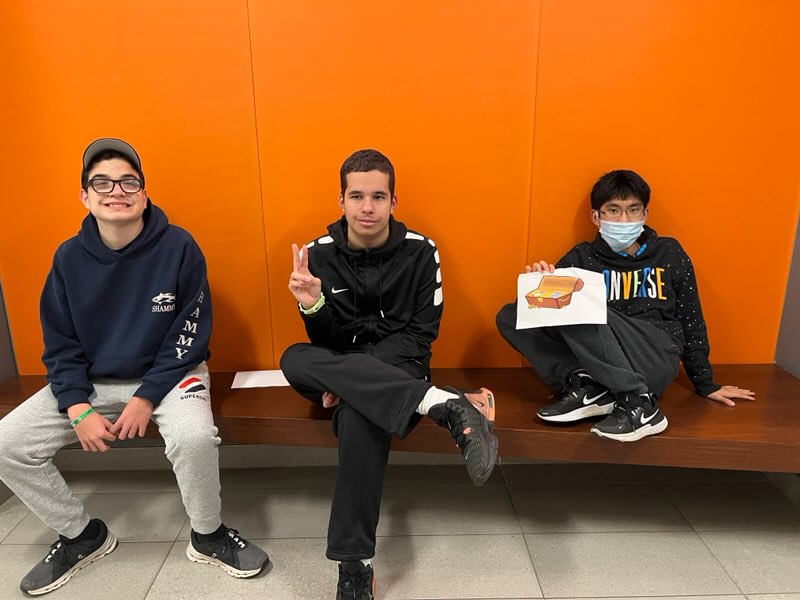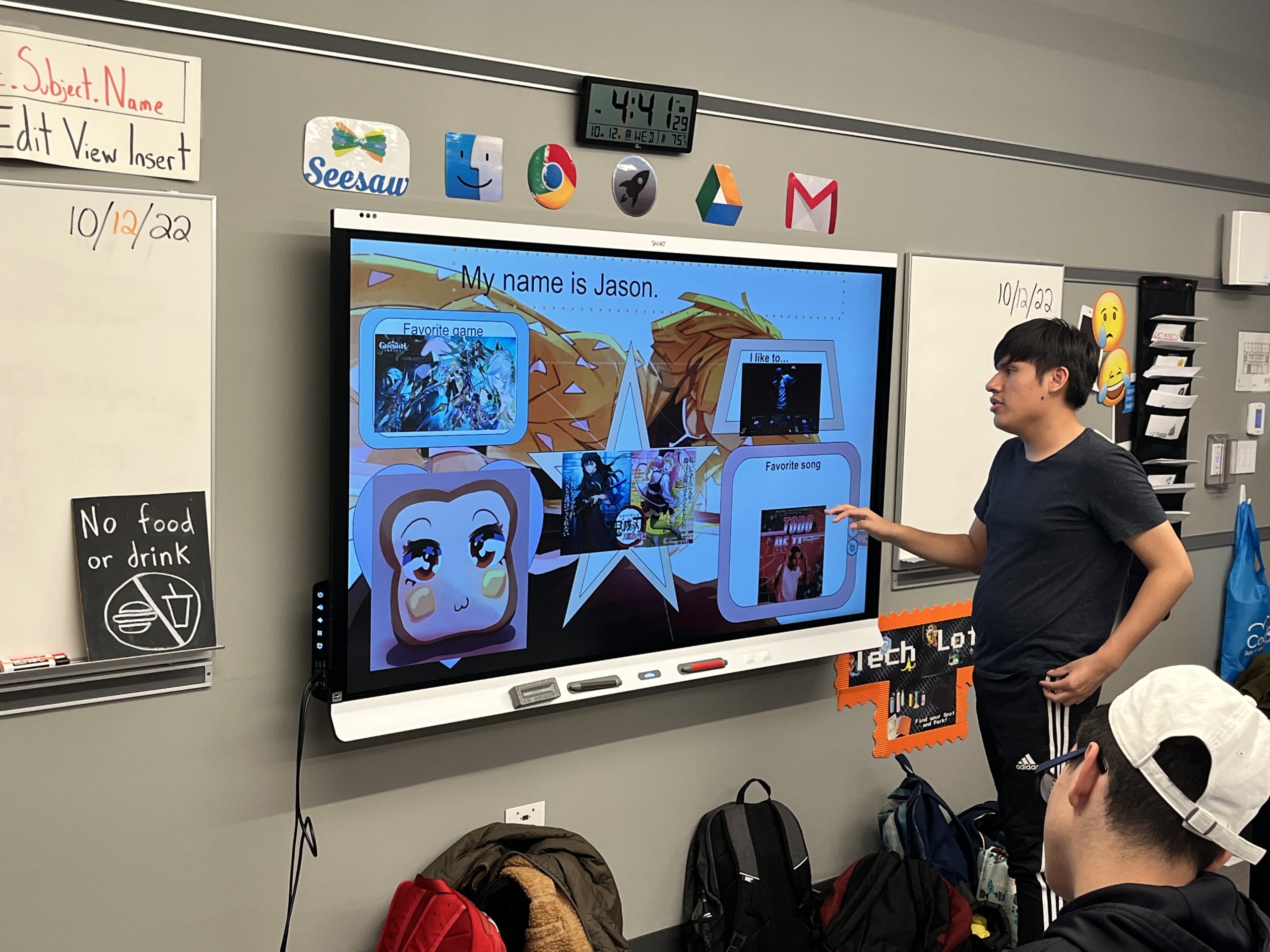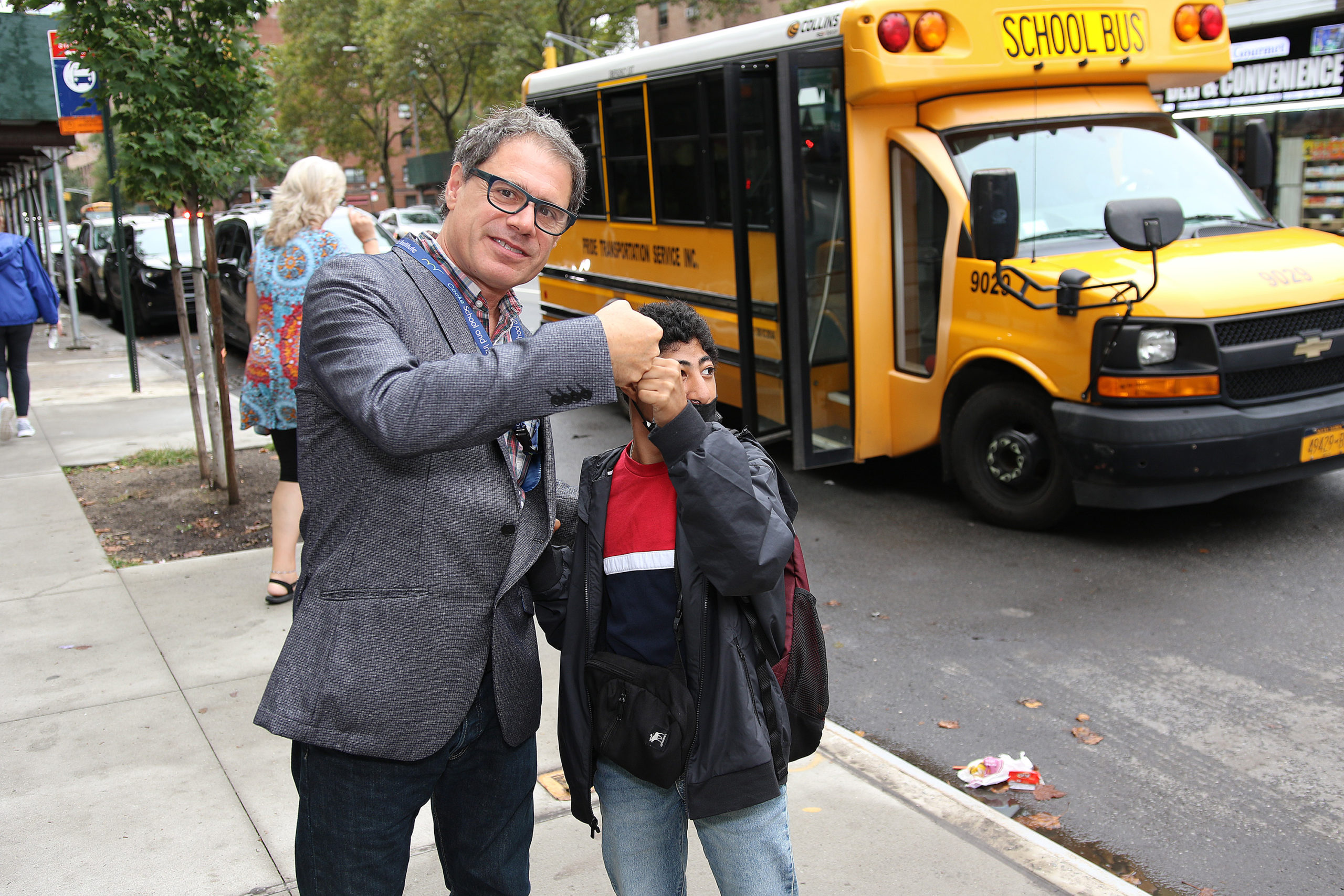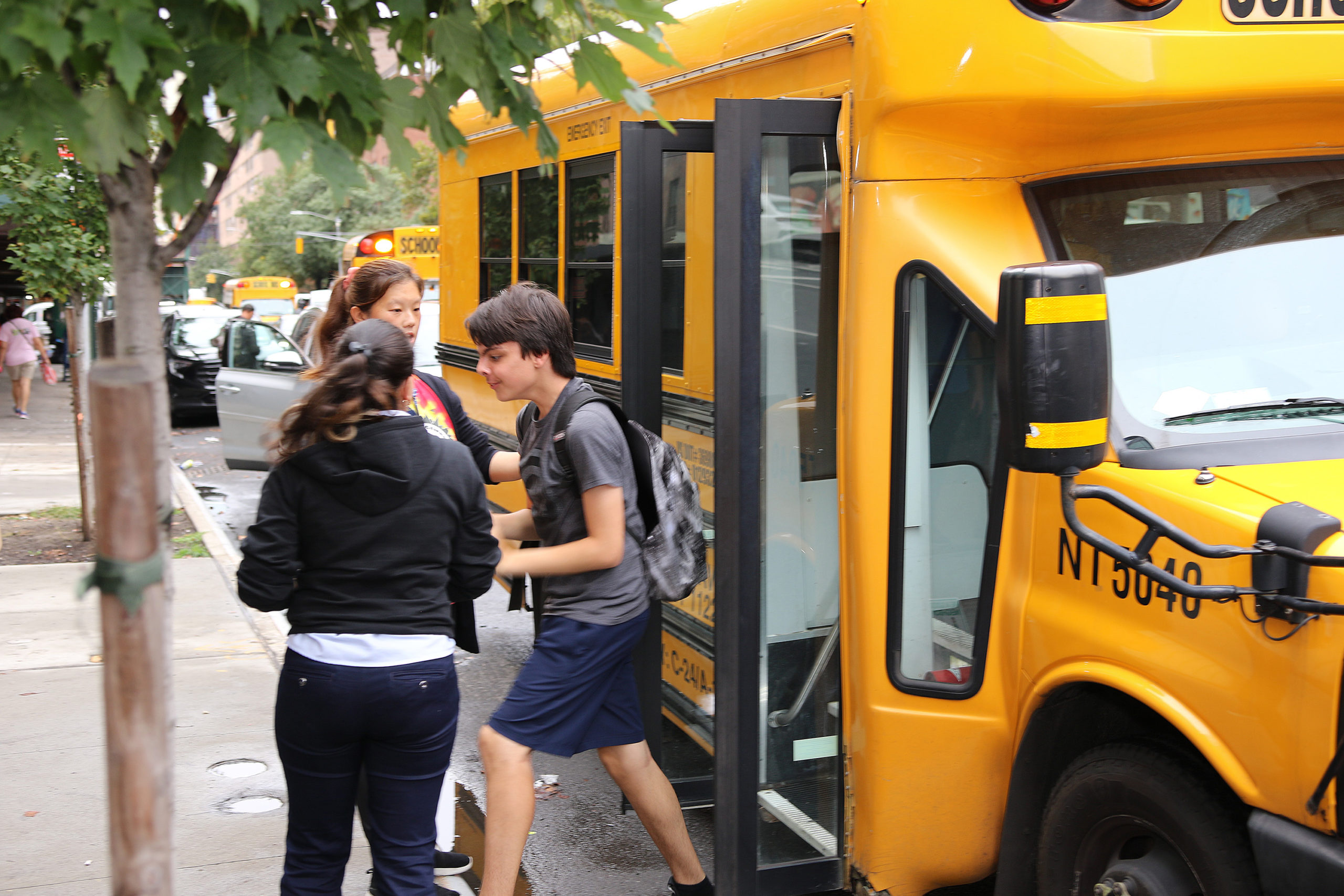
Afterschool and More

I write a lot about “getting back to normal,” but it seems to be taking longer than expected. Slowly but surely, the multilayers of school operations, social relationships, and work habits are beginning to look like they did before COVID. For example, we had a wonderful meet and greet morning with parents to revitalize our Parent School Association. In a few weeks we will have our High School’s Winter Dance. So we truly are rebuilding all the great stuff we had pre-COVID. Classrooms, hallways, and play spaces are buzzing with activity.
But we still aren’t back to normal. As I write this, I am positive for COVID as are about 10 staff members. We are all mandated to stay home for five days. This obviously puts a strain on other staff members who have to fill in or pick up the slack. While things are better, we still have a long way to go before things are truly “normal.”
On a positive note, the afterschool program is up and running again, and it’s been expanded to 4 days a week. Expansion of the program has always been a goal, and thanks to Jessie Gardner and her team, our students can join some fantastic programs.

Afterschool is extremely important in the day of a student, as are all specialized activities, Cooke has always promoted deep experiential and participatory learning (as do most theories of education). Afterschool provides excellent conditions for this to happen. With small groups, simple scheduling, experimentation of new content and materials, and the emphasis on socialization, students benefit greatly. The voluntary nature of the programming puts the student in control of their experience.
This first semester, we offered 12 programs with about 150 students participating. Classes included basketball (a high school tradition), Drama, Coding, Chess, Cooking, Zumba and more. One of the newest partnerships is with Fast Feet whose mission is:
To make athletics, nutrition, and social development accessible and inclusive by providing adaptive running programs, nutrition classes, and social skills groups for schools and communities that serve individuals of all abilities.
Check out their web site: Fastfeetnyc.com.
Partnerships with outside agencies are a core component of programming. As students get older, they find themselves having more and more experiences with our community partners.
There is a light at the end of the tunnel. Students are certainly having fun and enjoying the expanded programming. Thanks to all parents for their continued support and interest. I look forward to sharing more as the year goes on.
NYC School Bus Delays Reach Highest Level in Five Years, City Council Analysis Shows

I hope you were able to fill out the bussing survey or attend the City Council meeting. We had staff attend, and several of our families spoke. Thank you to those who attended! The purpose of the meeting was to get a handle on the issues surrounding bussing. For the past 3 years, bussing has been extremely difficult (it was always difficult, but these past years saw new heights of problems). Parents have to be ready at a moment’s notice to take a child to school themselves because of cancellations, lateness, and a myriad of issues. If a driver calls out sick, there are no backup drivers. Some busses show up an hour after dismissal.
With a 1.6 billion dollar budget, the Office of Pupil Transportation (OPT) has done less for more money year after year. I realize they service 150,000 students (65,000 students with disabilities), but the amount of issues coupled with the time students miss in school from late bussing is a real problem.

At Monday’s City Council hearing, education department officials said that bus driver shortages were partly to blame for disrupted service, even when the previous administration insisted it wasn’t an issue. Glenn Risbrook, the education department’s senior executive director of student transportation, said that OPT was 500 drivers short. To remedy the problem, some drivers were doing two routes, one right after the other, creating serious lateness problems.
Chalkbeat reported Risbrook as saying, “It is often our highest needs students who are on these routes that end up without permanent drivers and thus are put in these situations.” He added that the shortage has dropped to 313 drivers, and the city is working with bus companies “to get qualified drivers on the roads as quickly as possible.”
For our students, getting to and from school should be the easiest part of their day, but it has turned into a crisis for some families. Cooke is fortunate to have bus liaisons, but we don’t have any control over the bussing issues or OPT. I encourage everyone to reach out to OPT when faced with bussing issues. We sincerely hope the Council meeting was a first step in remediating the situation.



